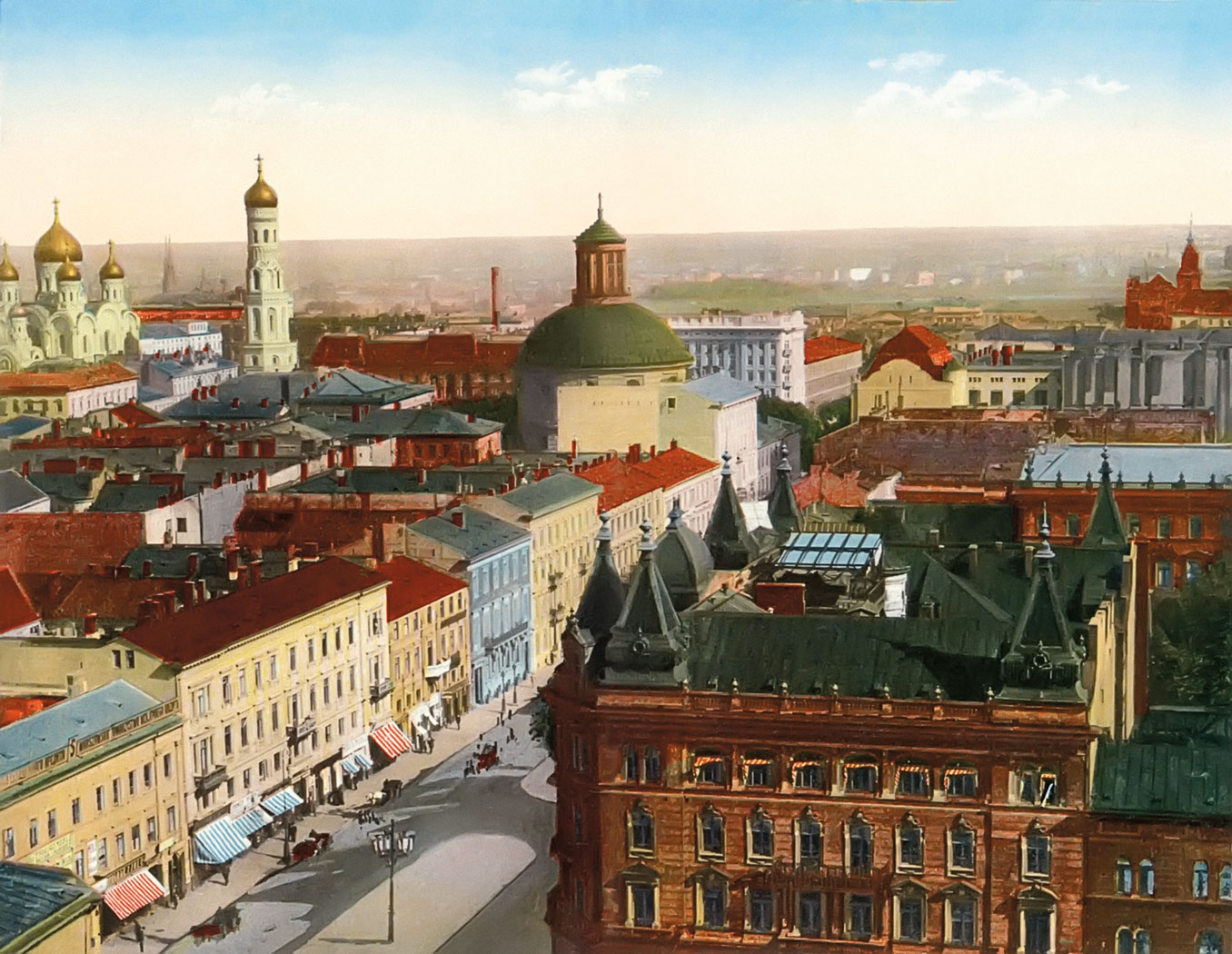The January uprising contributed to changing the content of Russification: unification and integration at the state level were reinforced by strong nationalist and cultural pressure aimed at denationalization.
Definition of the concept. Russification has two meanings. Firstly, these are political actions supported by coercion, especially in the field of education, aimed at imposing the Russian language, culture and national consciousness on the inhabitants of the countries under the regime of Tsarist Russia (also in the 20th century communist Russia). Secondly, it is the spontaneous and voluntary adoption of the Russian language and culture by people who assimilate in a foreign environment, a phenomenon characteristic of all migrant ethnic groups influenced by a foreign culture. Sometimes it is extremely difficult to draw the line between coercion and free will, especially when processes are involved that span centuries, and the goals and methods of the political representatives of the dominant culture change. (There is a tendency to consider the long-term Romanization of the provinces conquered by ancient Rome, the effects of which are still visible to the naked eye in many European countries, as a natural phenomenon; we forget the bloody conquests and the extermination of a large part of the indigenous elite, for example in Roman Gaul).
Scope and content of Russification. In popular understanding, the policy of Russification mainly refers to the lands of the former Republic of Poland, mistakenly identified with Polish lands, and lasts practically throughout their stay under foreign rule. Meanwhile, it should be pointed out that it included all non-Russian lands annexed to the Romanov monarchy in the 18th and 19th centuries, e.g. Caucasus, Central Asia, Baltic provinces (now Latvia and Estonia), Finland, Belarus, Lithuania and Ukraine. (In the case of a very sparsely populated Siberia, we can rather speak of colonization). Its intensification falls only in the second half of the XIX century and the beginning of the XX century, when Russification covers, among other things,







